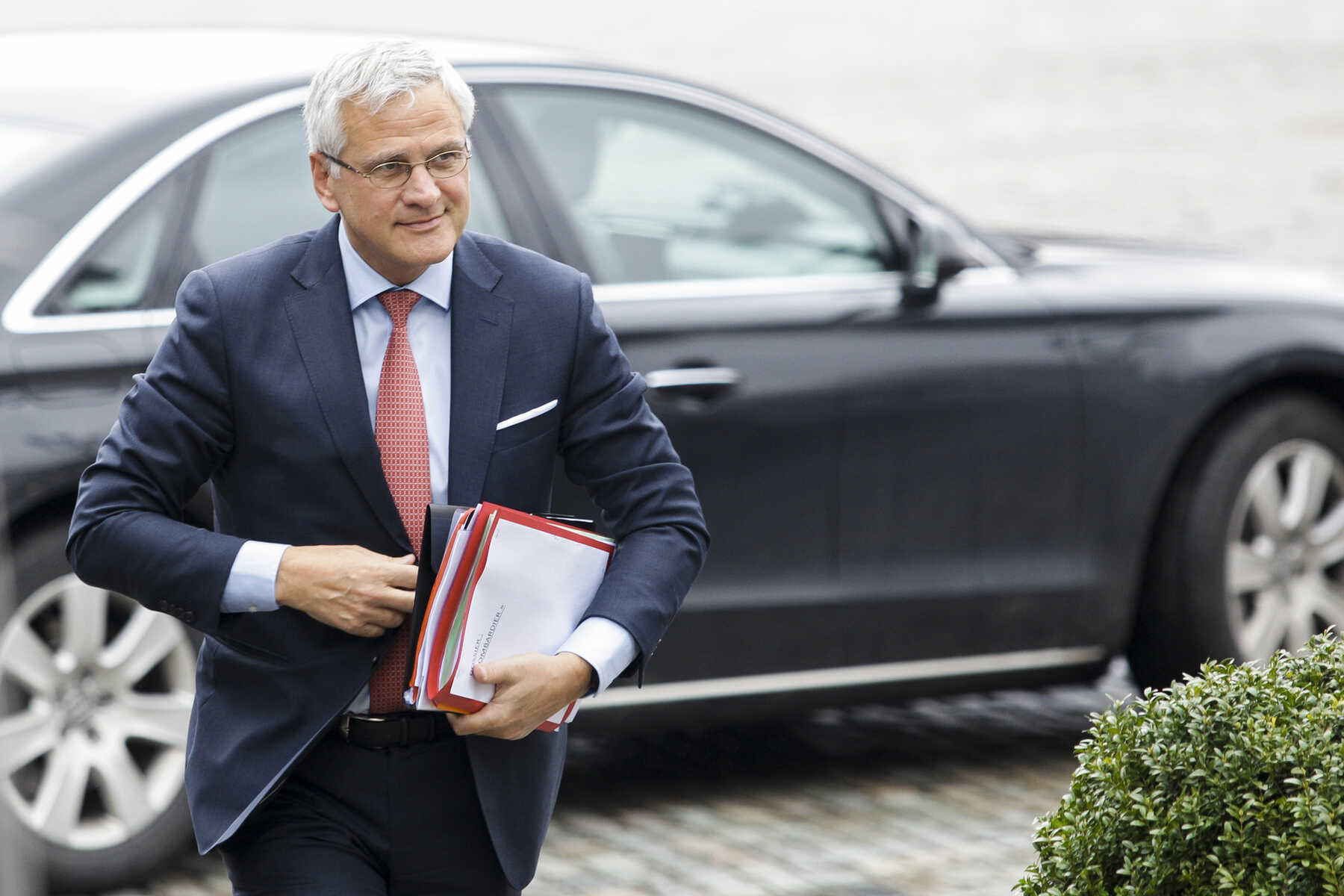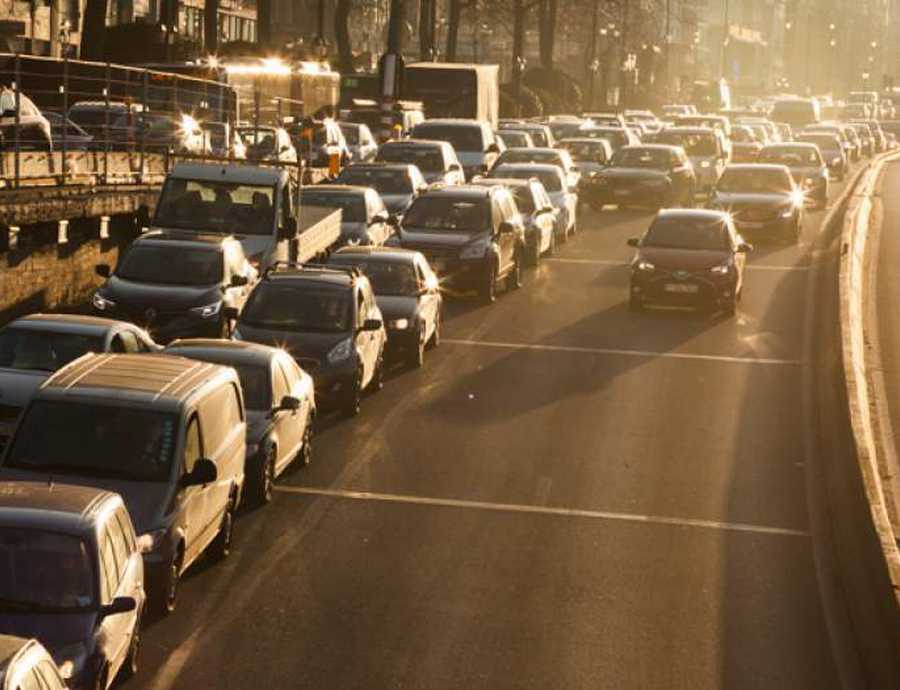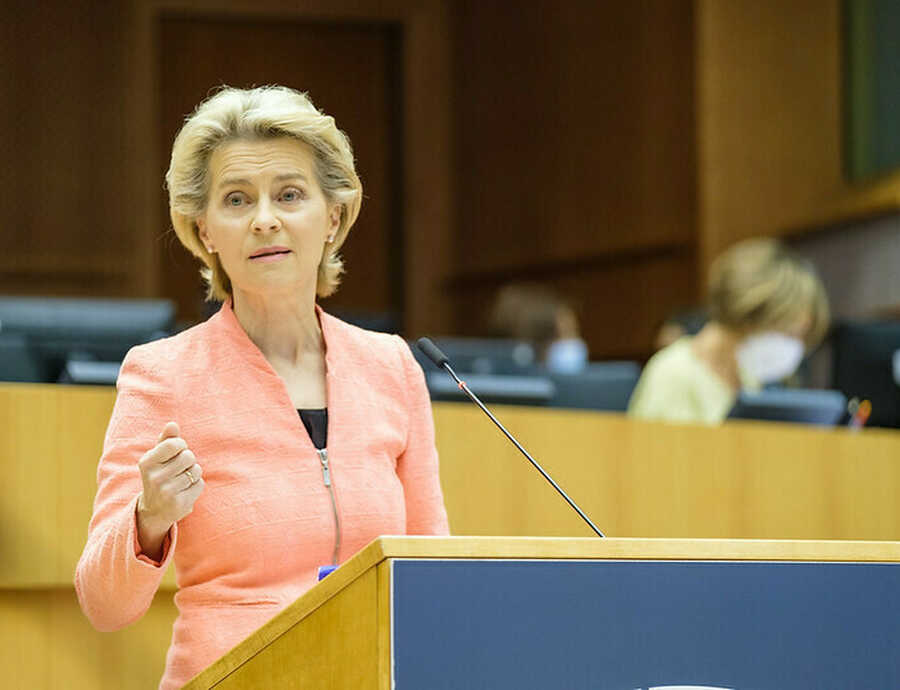The European Union has recently been confronted with several conflicts at its external borders. The war in Libya, the tensions with Turkey, the uprising in Belarus, the problems in Mali ... We have to say time and again that the EU is not responding with the necessary decisiveness and speed. After many years of discussion, it is high time to finally work towards the creation of a European Security Council to ensure that Europe no longer remains a geopolitical dwarf.
Everyone knows the UN Security Council. Founded after the Second World War, this council has tried to prevent, manage and end many conflicts through trial and error over the years. Some examples that are still fresh in the memory are the debacle in Somalia, the genocide in Rwanda and - closer to home - the tragedy in Bosnia and Herzegovina.
A discussion has been going on for years about the functioning and composition of the UN Security Council without results. Does the number of members still reflect the real balance of power in the world and are permanent members such as the US, Russia, UK, France and China not outdated? For example, how do you explain that the European Union is not in the Security Council as such? Since the European Union makes up 7% of the world's population, this is more than a fair question. The abuse of the right of veto by some permanent members has also been discussed several times. However, an alternative never came up.
A cautious conclusion is that the European Union cannot sufficiently realize our multilateral agenda through the UN Security Council and is therefore best striving for its own European Security Council. The arguments are many:
First, the European Union has the ambition to be a geopolitical player. This ambition was expressed at the start of the new European Commission by President Ursula von der Leyen. This justified ambition can only be implemented if there is effective and efficient European policy on foreign countries, security and defense. Over the years, instruments have been deployed such as the creation of the High Representative in the European Commission and the formulation of a Common Foreign and Security Policy. But these do not or insufficiently allow the EU to take a decision quickly and implement it jointly.
This was also the conclusion of a German-French summit in Meseberg on 19 June 2018. The " Meseberg Déclaration" was very clear:
'We need to find new ways to speed up and make EU decision-making in the context of our Common Foreign and Security Policy more effective. We need a European debate on new forms, such as a European Security Council and means for closer coordination, both within the European Union and in external fora. '
In her speech before the European Parliament on November 13, 2019, German Chancellor Angela Merkel reiterated this proposal and the President of France Emmanuel Macron did not miss an opportunity to call for a European Security Council.
A second reason is Brexit. Now that the United Kingdom has left the European Union and the transition period is coming to an end within a few months, this could speed up the realization of this proposal, for two reasons. Firstly, the file shows that an agreement can be reached fairly quickly with the 27 member states and, secondly, it also offers the opportunity to involve the United Kingdom closely in European security policy.
We must, however, learn lessons about the functioning and composition of the UN Security Council and apply them to Europe. Various esteemed research centers (Martens Center, Center for European reform, etc.) have already considered the practical composition and operation of such a council.
Some points of discussion are:
Composition: not all member states are members, but a rotation system is;
The security of Europe that is threatened by countries / actions outside Europe;
Deployment of European troops is possible;
Sanctions are another tool;
Heads of government are members and may be represented by diplomats;
An amendment to the European treaties
On Wednesday, August 26, EU defense ministers met with NATO Secretary General Jens Stoltenberg. Ministers discussed, among other things, operational cooperation between the EU, NATO and the UN. The question that stood in the room like an elephant was: How does the EU decide collectively, quickly and unambiguously on international conflicts? The answer is clear: the creation of the European Security Council. Especially now that the discussion about the future of the European Union is being discussed, this must be brought up.







